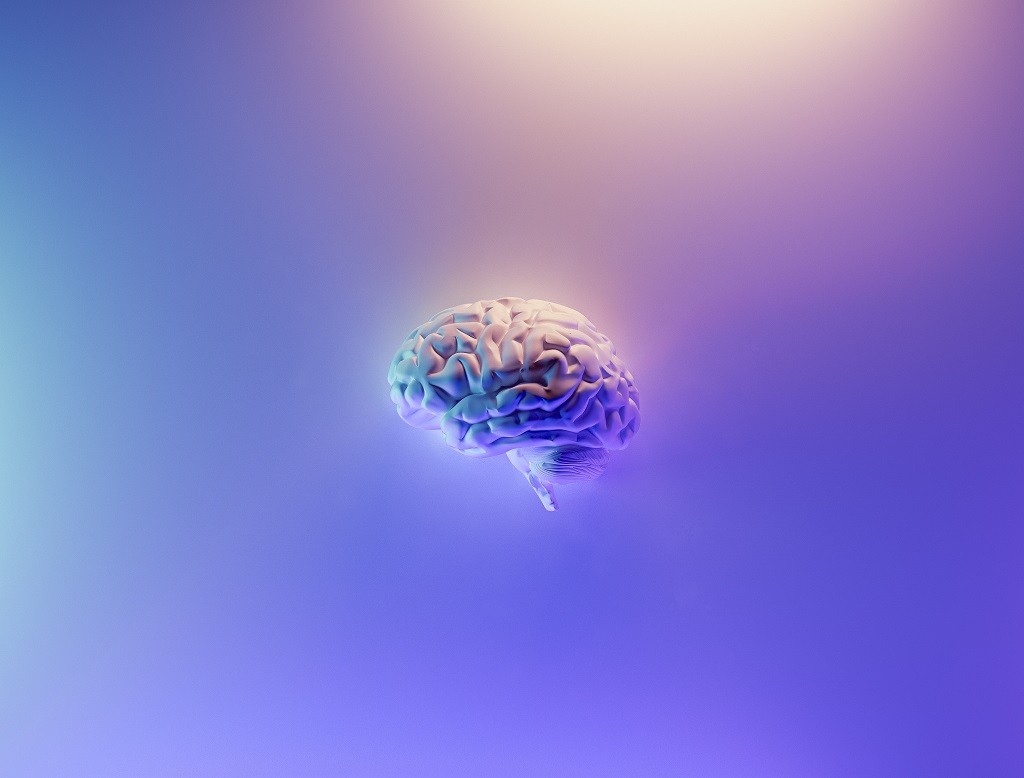Neurological Problem Symptoms, Causes, and Effects
Experiencing neurological problems can feel scary and overwhelming, especially if you don’t have any answers about what you’re going through.
We’re here to put your mind at ease and explain some of the most common neurological disorders. We will also walk you through the common causes, symptoms, and effects of neurological diseases. Let’s get started.
1. Dementia
Dementia is a neurological disease that typically begins as you age into your elderly years. Dementia also encompasses Alzheimer’s disease. The main symptom and effect of dementia is memory loss. It can set in at varying degrees and progresses slowly.
Since memory loss is common as you age, it can be hard to detect dementia. However, if you frequently get lost and forget important things that put you in a dangerous situation, like leaving your doors open at night, you should see a neurological specialist.
Dementia and Alzheimer’s patients also experience difficulty with language as the disease progresses. There is no cure for dementia, but there are medications, therapies, and support groups that can help.
2. Parkinson’s Disease
Parkinson’s Disease is another nervous system and neurological disorder that typically impacts older adults. Like dementia, the severity of Parkinson’s Disease progresses over time.
The most commonly associated symptom of Parkinson’s Disease is a tremor that starts in your hands. However, other Parkinson’s Disease symptoms include constipation, reduced sense of smell, stiff muscles, trouble speaking, and other motor symptoms.
A neurologist can help you minimize the symptoms of Parkinson’s Disease with medication.
2. Seizures
Seizures can be caused by a number of things. Having occasional seizures does not mean you have Epilepsy; however, if your seizures occur often, you should talk to a neurologist about getting an Epilepsy diagnosis.
The other causes of seizures include:
- Not getting enough sleep
- Withdrawing from alcohol
- Medications
- Brain bleeding
- Fever
The symptoms of seizures include loss of awareness, fear, anxiety, confusion, and uncontrollable jerks. If you experience a seizure that cannot be explained by one of the above causes, talk to a neurologist about Epilepsy treatments and neurosurgery.
3. Stroke
Strokes typically occur unexpectantly, but there are some things you can do to prevent them from occurring. They are caused by impaired arteries and underlying heart problems, so focusing on your heart health is a good way to avoid having a stroke.
If you do have a stroke, you will experience blurred vision, dizziness, trouble speaking, numbness, and a headache. The lingering effects of a stroke vary based on its severity, but many patients need medication, therapy, and neurosurgery to fully recover.
To prevent the likelihood of having a stroke, exercise regularly, eat a balanced diet, avoid smoking, and get enough sleep every night.
Seek Help for Neurological Problems
If you are experiencing neurological problems and live near Newport Beach, California, Dr. Louis can help you. The most important thing is to get the right diagnosis so that you can begin the right treatments, which may include neurosurgery.
Dr. Louis uses a patient-first technique to ensure that everyone gets the personalized treatments they need. To make an appointment with Dr. Louis, contact us today or call us at (949) 383-4185 for more information.

















